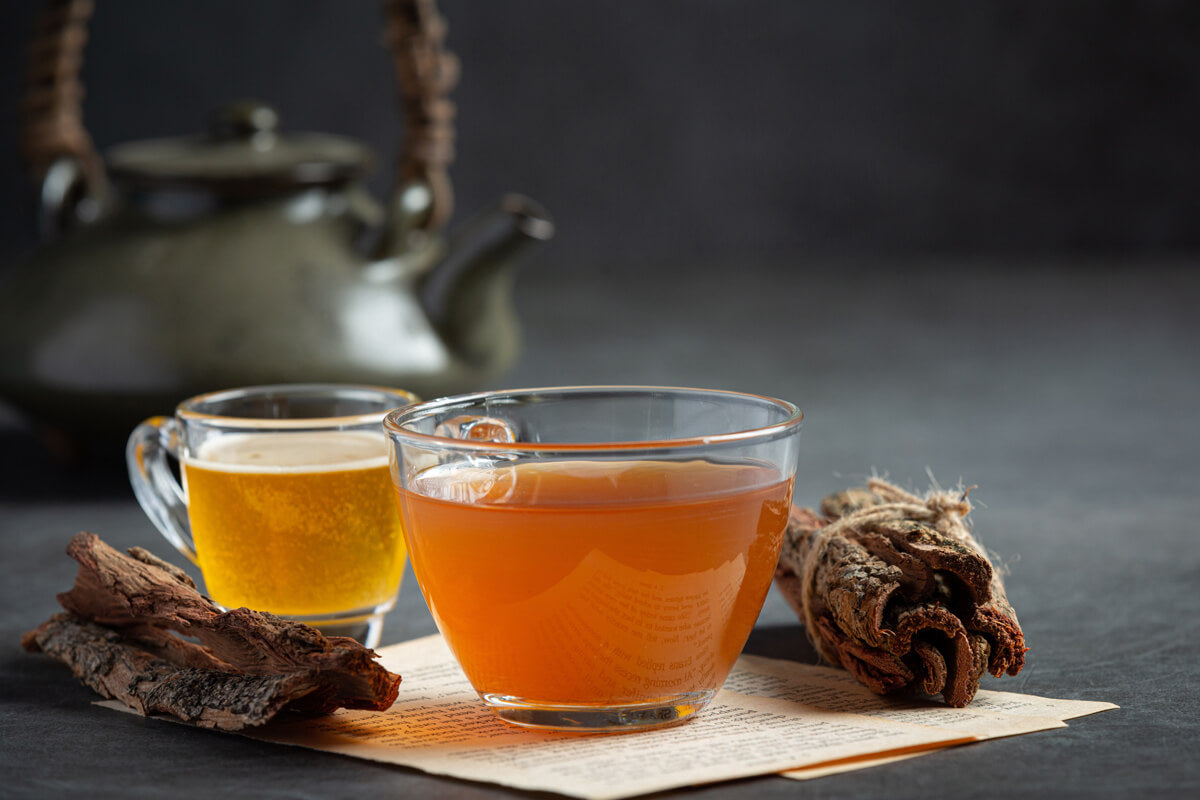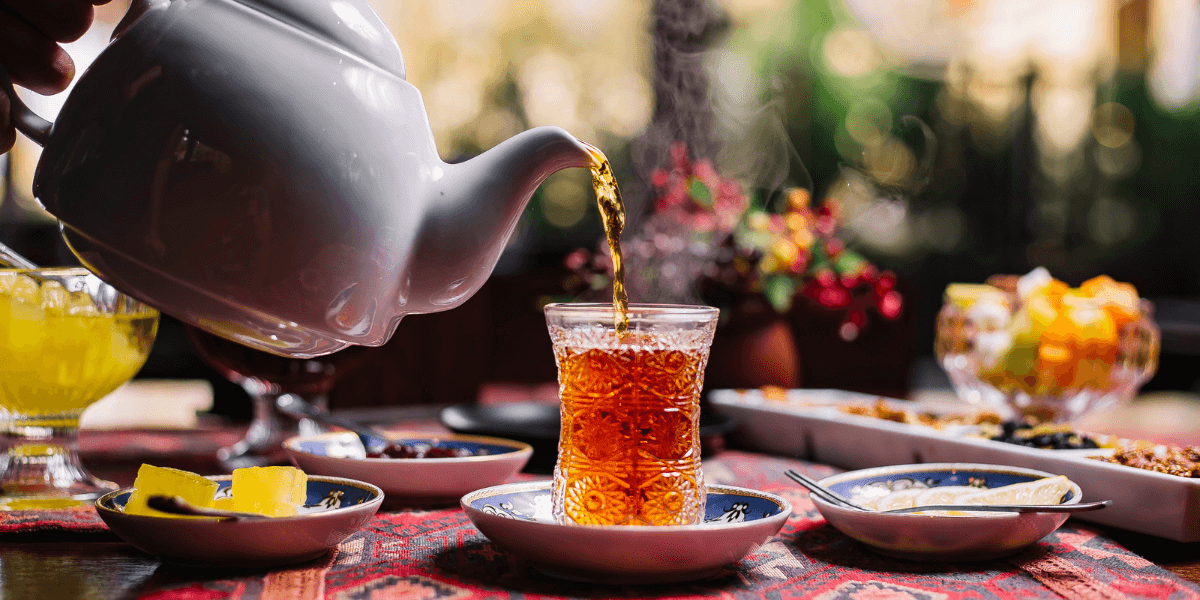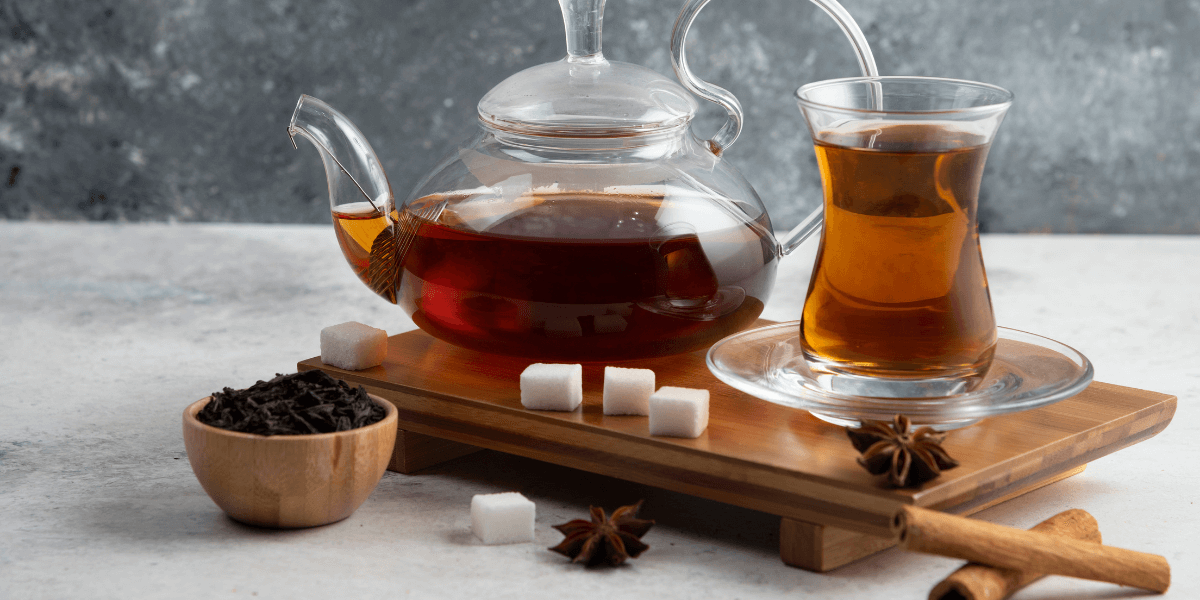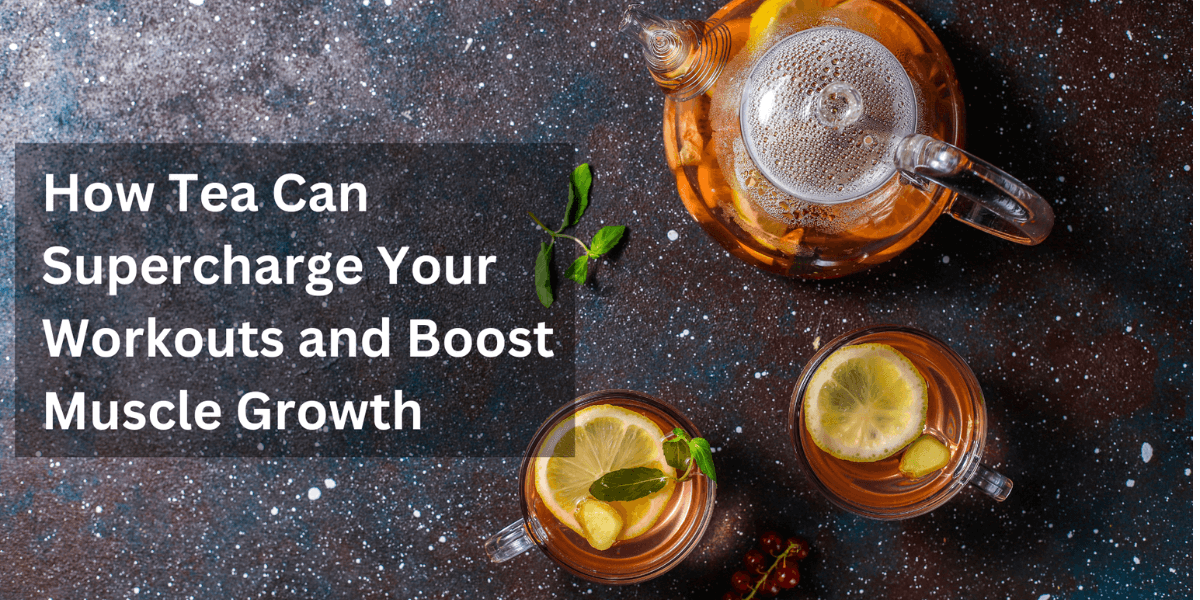Exploring the Distinctions Between Tea and Tisane!
Tea and tisane are two different kinds of beverages that are popular around the world. Tea has been around for centuries, while tisanes (also called herbal infusions) are a more recent addition to the world of beverages. While they may seem similar, there are some key differences between tea and tisanes.
Source
The primary difference between tea and tisanes is the source of the leaves. Tea comes from the Camellia sinensis plant, which is grown in many parts of the world. The leaves of the plant are picked and processed to create the various types of tea like black, green, and oolong. On the other hand, tisanes are made from a wide variety of plants that are not Camellia sinensis. Tisanes can be brewed from herbs, spices, fruits, flowers or roots.
Caffeine
Another key difference between tea and tisanes is the caffeine content. Many types of tea contain caffeine, which is a natural stimulant that can provide an energy boost. The amount of caffeine in tea depends on the type and how it is brewed. For example, black tea generally has more caffeine than green tea. In contrast, tisanes generally do not contain caffeine. This can be an advantage for people who love tea but can’t tolerate caffeine.
Flavour
Tea and tisanes offer a range of unique flavors. Tea can be bitter, sweet, floral or even smoky, depending on the type and how it is brewed. Tisanes also offer a range of flavors, although they tend to be sweeter and more floral. For example, chamomile tisane is naturally sweet and has a delicate, floral flavor.
Brewery
Another difference between tea and tisanes is the way they are brewed. Tea requires hot water and a specific temperature depending on the type of tea. For example, green tea should be brewed at about 160 to 180 degrees Fahrenheit, while black tea requires boiling water. In contrast, tisanes can be brewed at any temperature. However, it’s important to note that some herbs may lose their flavor when steeped in boiling water, so it’s important to follow the recommended brewing instructions.
Conclusion
Tea and tisanes are two different beverages with their own unique characteristics. While tea comes from the Camellia sinensis plant and contains caffeine, tisanes can be brewed from a wide range of plants and do not contain caffeine. Tea offers a range of flavors, but tisanes tend to be sweeter and more floral. Finally, tea requires specific brewing temperatures, while tisanes can be brewed at any temperature. Ultimately, both tea and tisanes offer a delicious and satisfying way to stay hydrated and enjoy a refreshing beverage.





